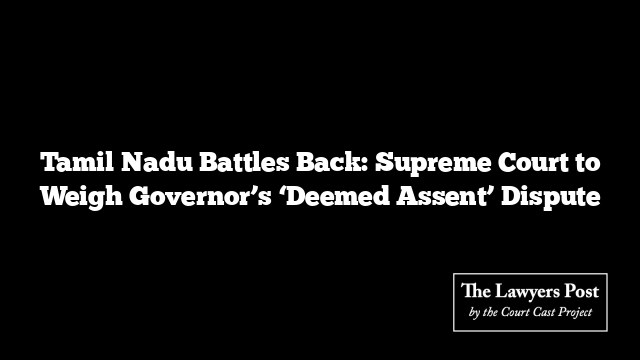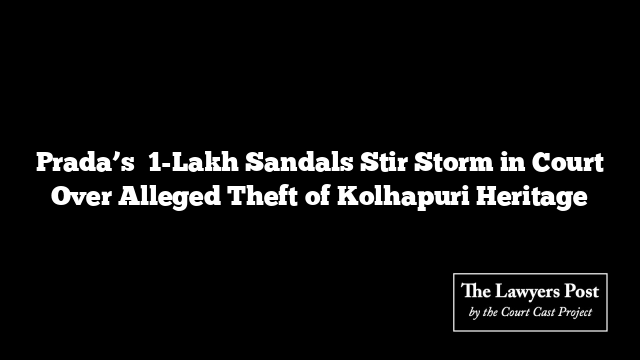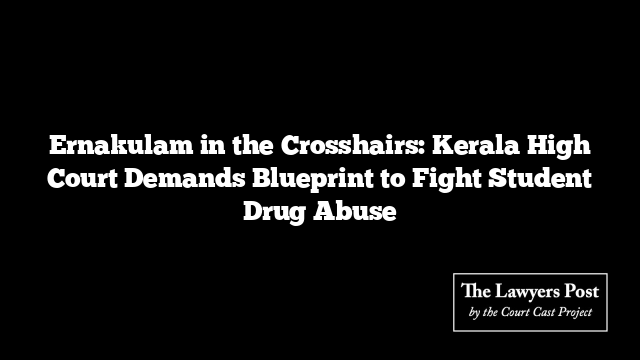The constitutional chess match between Tamil Nadu and the Governor’s office has reached the country’s highest court. On Friday, the Supreme Court agreed to take up the State government’s challenge to a Madras High Court order that stalled nine laws—each already deemed assented to by the Governor per the Supreme Court’s own ruling in April.
At the center of the dispute: who gets to appoint Vice-Chancellors in Tamil Nadu’s public universities?
A Bench comprising Justices PS Narasimha and R Mahadevan issued notice on the State’s plea and agreed to club the case with an earlier petition seeking transfer of the legal proceedings out of the Madras High Court altogether. While the justices refrained from halting the High Court’s stay for now, they left the door open for deeper scrutiny once responses roll in.
The Madras High Court’s stay order, delivered on May 21 in response to a petition by BJP functionary K Venkatachalapathy, effectively froze implementation of amendments that would hand the State government power over Vice-Chancellor appointments—traditionally a domain influenced by the Governor.
Appearing for Tamil Nadu, Senior Advocate Abhishek Manu Singhvi argued that the stay defied the Supreme Court’s April 8 verdict, which had held that the Governor’s silence on the bills amounted to “deemed assent” under Article 200 of the Constitution. Once that judgment came, the State formally notified all nine laws.
Singhvi stressed that these laws had completed the constitutional process and should not be suspended in the absence of an urgent reason. The laws span multiple institutions—including the Tamil Nadu Agricultural University, Dr MGR Medical University, Tamil Nadu Fisheries University, and Dr Ambedkar Law University.
On the opposing side, Solicitor General Tushar Mehta called the State laws incompatible with the University Grants Commission’s 2018 Regulations, arguing that they clash with central rules and are therefore invalid.
For now, the Supreme Court has opted to wait before swinging the gavel. But the battle over control of academic appointments in Tamil Nadu’s universities is far from over—and could reshape the fault lines of federal power.





